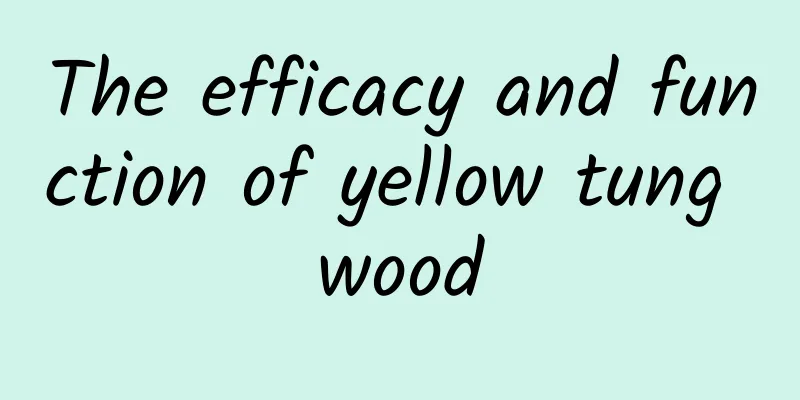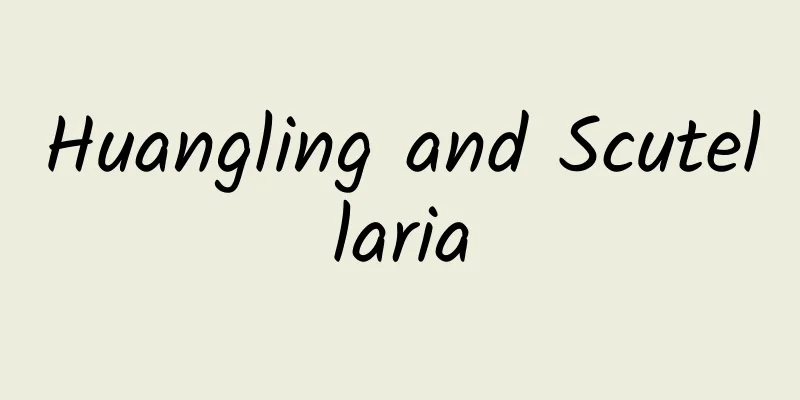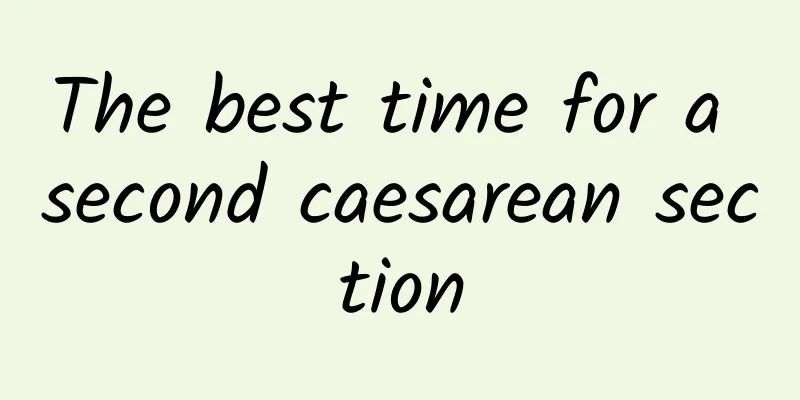What kind of injection is usually used for gout injection

|
Gout is a common disease. There are many ways to treat gout, but most of them are only symptomatic and do not address the root cause. The pain of gout can be really fatal. When gout attacks, you can go to the hospital and get an injection of gout treatment drugs or some glucocorticoids under the guidance of a doctor. If it is mild gout, no special treatment is needed and it will disappear on its own in three to five days, but you have to endure this period. However, many gout patients will go to the hospital or clinic for antibiotic infusion to relieve pain during an acute attack of gout, and the pain is indeed significantly relieved after antibiotic infusion treatment. So, since gout is a sterile reaction, why does the use of antibiotics have an effect? All antibiotics currently used in clinical practice have no function of regulating one's own cellular immunity except for inhibiting and killing bacteria. Therefore, all antibiotics have no therapeutic effect on gout. What's worse, drugs such as penicillin and streptomycin are not only unhelpful in relieving gout, but also aggravate gout by inhibiting renal uric acid excretion and increasing blood uric acid. Therefore, antibiotics are generally not used to treat gout unless there is a concurrent bacterial infection. So, why do some people experience significant relief from gout after receiving antibiotic infusions? 1. The acute attack of gout is self-limiting. When gout first occurs, more than 90% of gout patients can relieve themselves without using any medication. The pain will last for 3 to 7 days and can be relieved by itself, not by antibiotics. In addition, infusion therapy is equivalent to intravenous rehydration, which increases urine volume and facilitates the excretion of uric acid. 2. Glucocorticoids were added to the intravenous infusion. Glucocorticoids are also one of the first-line drugs for treating acute attacks of gout, and their analgesic effect is better than colchicine and non-steroidal anti-inflammatory drugs. Some gout patients suffer from recurrent attacks. The pain is quickly relieved with each infusion treatment, but the pain may worsen again after stopping the medication. In this case, it is probably because glucocorticoids have been added to the intravenous fluid. However, repeated use of glucocorticoids may not only cause adverse reactions such as hypertension, sodium and water retention, and abnormal glucose metabolism, but may also cause recurrence of gout after discontinuation of the drug and increase the probability of tophi formation. Therefore, when gout attacks acutely, the use of antibiotic infusion therapy will not help relieve gout and may even aggravate the condition. |
<<: The efficacy and function of pine needles
>>: Things to note after needle rolling
Recommend
The best time to take Chinese medicine twice a day
When should I take Chinese medicine twice a day? ...
Psoralea corylifolia prescription for treating white spots
Vitiligo is a relatively common skin disease. Pat...
Watery stools are very dangerous
If we want to know whether our body is healthy, w...
Is a broken finger serious?
In fact, tendons and bones are two different tiss...
Can I run 800 meters one week after having a medical abortion?
Women who have had abortions should all know that...
Treatment of pyelonephritis
Due to the continuous changes in people’s living ...
What causes dry mouth?
There are many common problems in life, and solvi...
What are the causes of skin aging?
No one wants skin aging. In order to effectively ...
Aminophene and codeine tablets
There are many diseases in our human body, and th...
What is the function of fenugreek powder?
Fenugreek powder is a kind of Chinese herbal medi...
Bleeding after needle removal
Acupuncture requires the needle to be inserted in...
The dangers of high bilirubin
The body also needs good protection, which will b...
Why does my baby have white tongue coating? what to do?
In our lives, I believe everyone has a certain un...
How to care for motor neurone disease
Motor neurone disease is currently the most diffi...
How to use a gastrointestinal decompression device
A gastrointestinal decompression device refers to...









